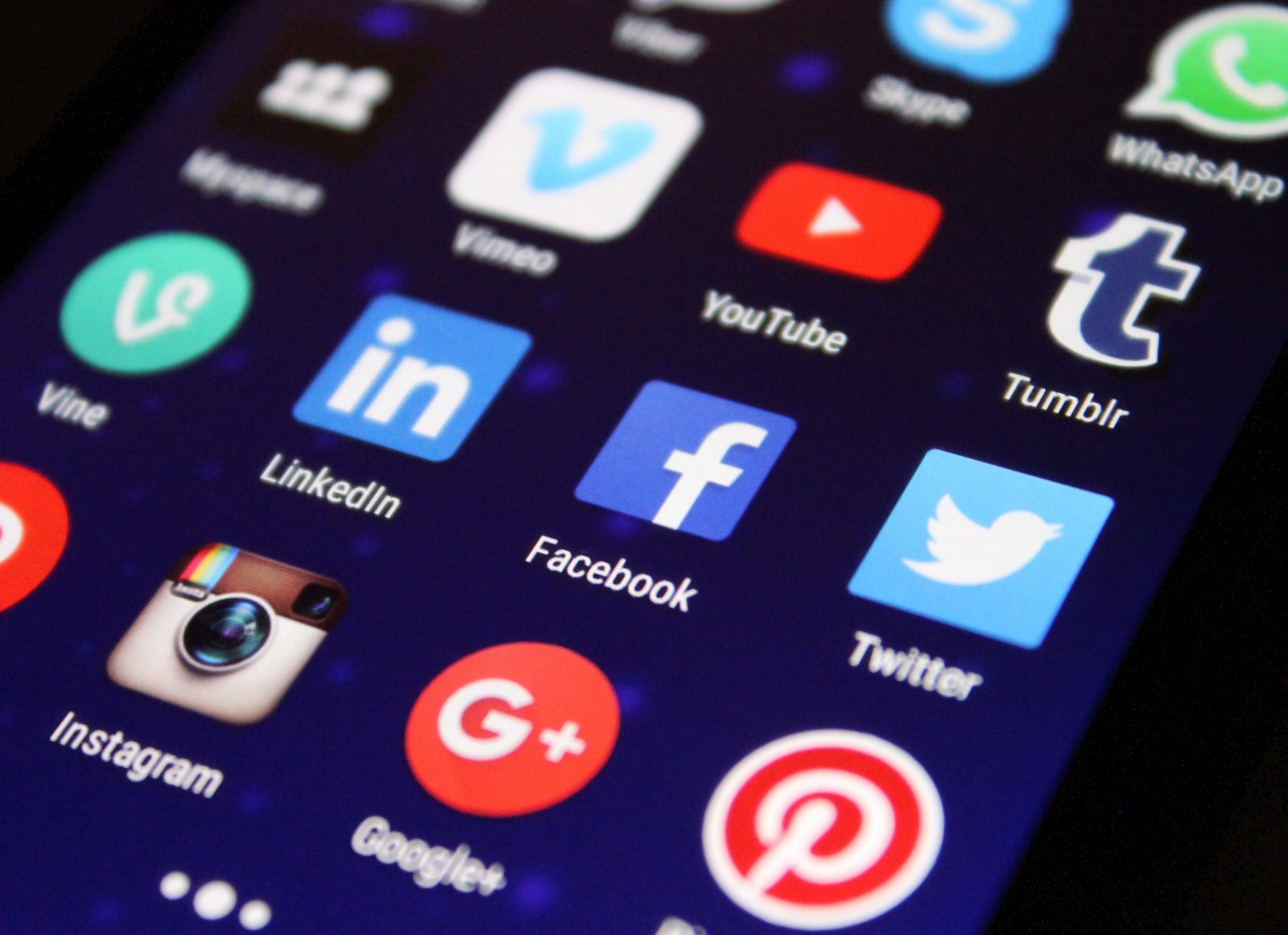Bipolar disorder is a mental illness that has many different symptoms. These are sometimes difficult to diagnose, but it’s also often misrepresented in the media. Many times in the media, those with bipolar have lost control over their emotions and actions. Yet, many living with bipolar have learned how to manage their symptoms so they don’t interfere at all or very little with their lives or careers. Bipolar disorder is a mental illness that causes extreme and constant mood swings. It can be tough to manage in the best of circumstances, but when you’re on your own it can feel impossible. This article looks at how bipolar disorder has been portrayed in the media over time and discusses some of the common misconceptions people have about it.
How has bipolar disorder been portrayed?
The media: ‘Bipolar needs to be fixed by medication’
The media portrays bipolar as an issue that needs to be fixed by medication. This can lead to the misconception that there’s no other way to manage it. But in reality, there are many ways to help with bipolar, such as therapy and lifestyle changes. It’s important to remember that there are other ways of managing the condition. Some people might need more than one form of treatment in order to feel better. Bipolar is a mood disorder that can be managed through medication and therapy.
Therapy and Lifestyle changes
Therapy and lifestyle changes can help with bipolar. For example, therapy helps by teaching you how to manage your moods. Also, it will help you understand your symptoms and triggers. You can work with a therapist to create a plan for managing your moods, thoughts, and behaviors. Lifestyle changes can include things like getting enough sleep, eating a healthy diet, and exercising regularly. Therefore, it’s important to find the right balance of therapy and lifestyle changes for your needs.
The media portrays those with bipolar as ‘crazy and unstable’

Once we need medication for a mental illness, the media makes us feel almost inferior for needing it. Both social media and the entertainment industry manage to simultaneously stigmatize and romanticize mental health issues. If you have anxiety you’re that cute, introverted, shy girl that sits in the corner. If you’ve got depression you’re the moody apathetic goth who’s always wearing headphones. How about the ADHD kid? They’re always portrayed as boys who can’t stop fidgeting and getting in trouble. And bipolar? They’re that crazy unstable friend who’s really outgoing and unpredictable. Sound about right?
Well, for the most part, the media’s got it wrong. Their portrayal of bipolar as well as other mental health issues can lead to people feeling ashamed or embarrassed about their diagnosis. Bipolar is not a disease, it’s a mood disorder and there are many treatments available. People with bipolar are not crazy. Bipolar disorder is a mental illness that causes mood swings. Moods can shift from high to low, and vice versa. The highs are called manic episodes and the lows are called depressive episodes. There’s no cure for bipolar disorder, but there are treatments available to help manage it.
To note:
What’s commonly shown are the periods of intense depression or mania that those with bipolar suffer from. What isn’t usually shown are the normal periods in between, where there are no intense highs or lows. Those with Bipolar I or II disorder will have periods without any symptoms between these episodes; this is called euthymia.
The media portrays it as something that can be ‘snapped out of’
It’s not a character flaw or something you can just snap out of. Bipolar is a serious condition that influences the brain. It causes unusual shifts in mood, energy, activity levels, and the ability to carry out day-to-day tasks. It’s also known as manic depression because people with bipolar experience both highs (mania) and lows (depression). Mania can be described as an unusually high level of energy or euphoria where you feel like everything is going your way. Depression on the other hand can be defined as feeling sad for prolonged periods of time without any relief.
The media can do a lot of damage when it comes to how people view mental health and mental illness. However, if used differently, the media can be a force for good and help reduce the stigma around mental illness by raising and spreading awareness. Bipolar cannot be ‘cured’, but it can be managed. Make sure you have a support group and encourage those around you to educate themselves on mental illnesses and mental health.
Emotional support is at the core of mental health recovery
Allister Nelson, Department of Communication, George Mason University, Fairfax, VA, United States


















3 Comments